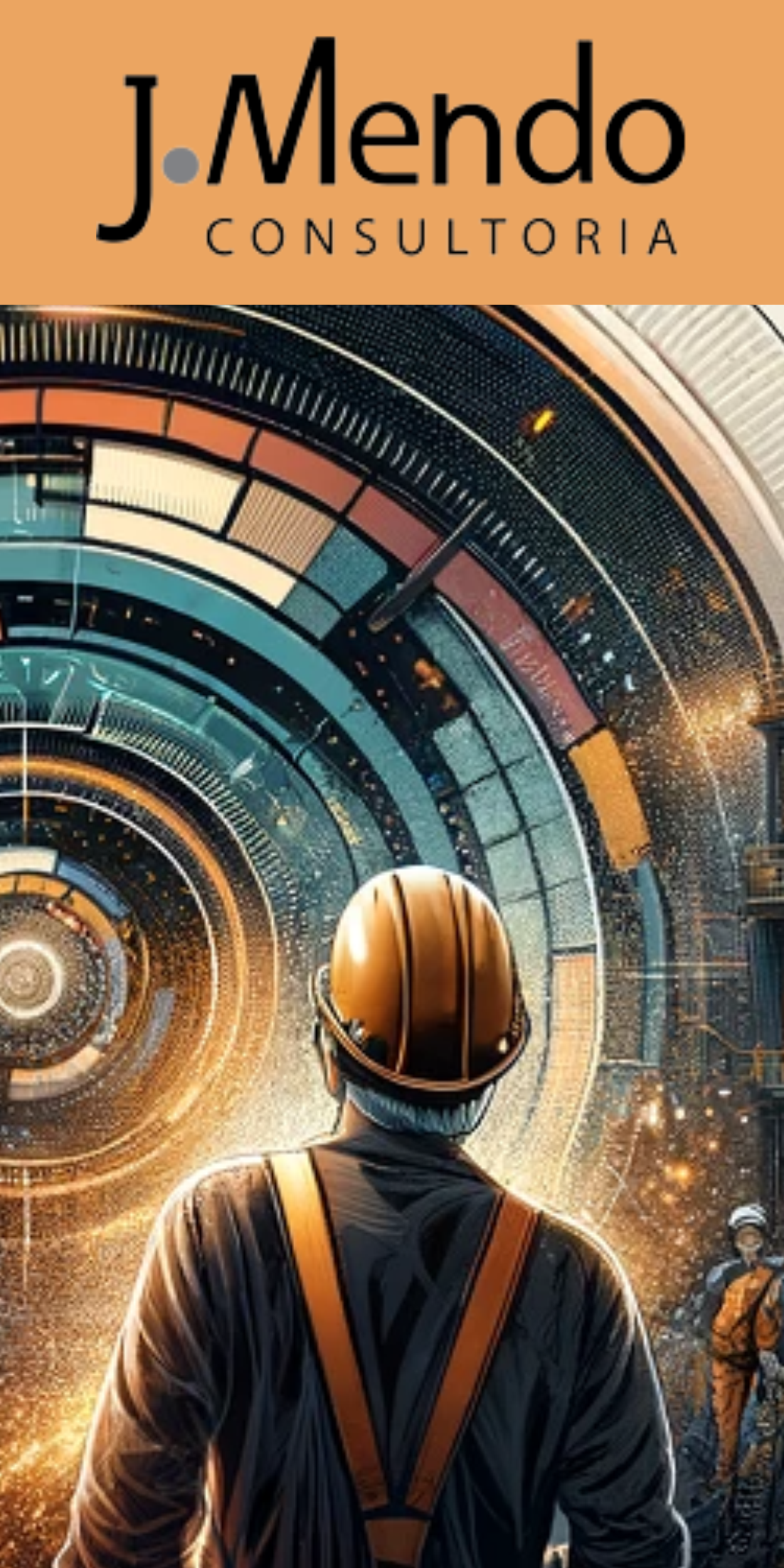London — Steelmaker ArcelorMittal laid out Friday its road map to reduce polluting emissions some 30% by 2030 at its European flat products operations, hot on the heels of the EU Green Deal announcement earlier this week.
New EC President Ursula von der Leyen Wednesday said the EU’s Green Deal was a “man on the moon moment” for Europe. The proposal aims to make the EU a net-zero emissions economy by 2050, ushering in tighter carbon emissions controls across the bloc.
Geert Van Poelvoorde, CEO ArcelorMittal Europe for flat products, said the EC’s framework will allow European steelmakers to remain competitive while transitioning to carbon-neutral steelmaking by 2050.
ArcelorMittal’s 2030 target revolves around three main points:
* Clean power steelmaking — using clean energy sources for hydrogen-based steelmaking
* Circular carbon steelmaking — using renewable carbon energy sources such as waste biomass as replacements to fossil fuels in steelmaking
* Fossil fuel carbon capture and storage — carbon emissions from production are captured and stored, or alternatively re-used in the production process
Poelvoorde said approaches will vary company-wide, “as different parts of the business are at varying starting points [of adoption]”.
The steelmaker published a list of initiatives and technologies, either underway or to be implement, at its different European sites including:
* At its Ghent plant, ArcelorMittal is investing Eur120 million [$134 million] to build a ‘carbalyst’ by 2020, which will capture emissions from the blast furnace and turn it into bio-ethanol.
* The steelmaker is testing a pilot project termed IGAR at its Dunkirk plant, which aims to capture waste CO2 from the blast furnace to convert into synthetic gas for re-use in the production process.
* In 2020, the company will also start the construction of a carbon capture and storage project, with the aim of capturing 0.5 mt of CO2 per hour from steelmaking gases by 2021.
No mention was made of the Ilva plant in Taranto, Italy.
According to the European Steel Association (EUROFER), ‘green’ steel may cost 35%-100% more to produce than current levels with highly optimized processes. Given that, many steelmakers are calling the EC to help them remain competitive.
“We are committed to the decarbonization of the steel industry, in line with the objectives of the Paris Agreement…We have spent the last few years testing a range of technologies and now is the time to scale up and put them into action, with the support of the EU and member states, to ensure we are able to fully decarbonize,” Poelvoorde said.
Fonte: S&P Global Platts





